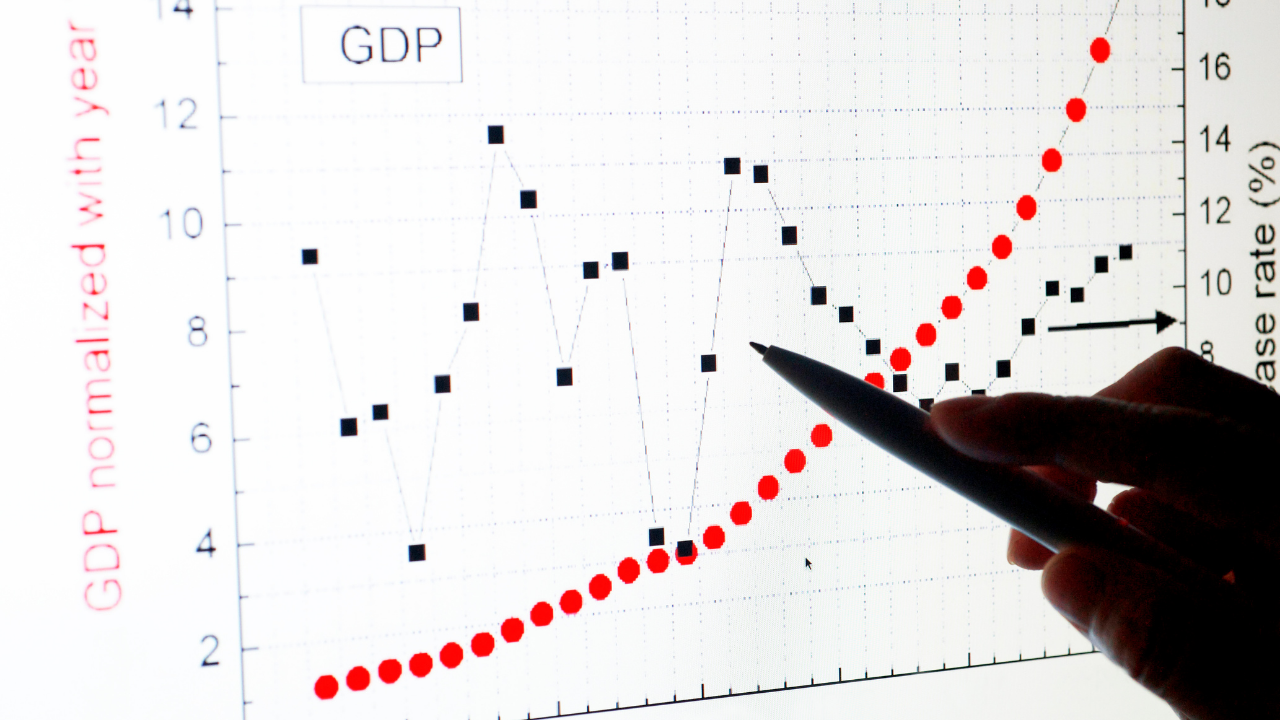Barcelona think tank lowers 2022 PH growth forecast to 6.5 percent
MANILA, Philippines—FocusEconomics has slightly cut its 2022 growth forecast for the Philippines to 6.5 percent amid some investor jitters wrought by the coming May 9 presidential elections.
Economists belonging to the panel of the Barcelona-based think tank this month had an updated consensus projection lower than 6.7-percent gross domestic product (GDP) growth previously, and remaining below the government’s 7 to 9 percent target.
“GDP growth will be higher this year than in 2021, reaching the second-highest pace in Asean. Support will come from eased COVID-19 restrictions, expansionary fiscal and monetary stances, and the government’s ‘Build, Build, Build’ infrastructure program,” FocusEconomics said in an April 26 report.
Last year, the Philippine economy grew by a better-than-expected 5.7 percent, reversing the worst post-war contraction of 9.6 percent in 2020 at the onset of the prolonged COVID-19 pandemic.
FocusEconomics said first-quarter GDP expansion would have slowed, from 7.8 percent year-on-year during the fourth quarter of last year, “amid a tougher base effect and softer underlying activity.”
“Private spending was likely hit by rising inflation and an Omicron-induced spike in COVID-19 cases at the outset of the [first] quarter, while uncertainty related to the upcoming May elections seemingly hampered investment,” the think tank said.
Moving forward, FocusEconomics said that “some support to growth will come from the easing of COVID-19 restrictions in the final stretch of the first quarter, which contributed to the manufacturing PMI [purchasing managers’ index] rising in February to March.”
However, FocusEconomics said that the Philippines would not be spared by risks from external and fiscal imbalances, fiscal decentralization reforms, as well as the forthcoming national elections next month.
“Heading into the second quarter, all eyes are on the presidential elections. Large policy shifts are unlikely but investor uncertainty and the pre-election spending ban look set to hit expenditure regardless of who wins,” FocusEconomics said.
In a separate previous report on the Philippines’ presidential elections, FocusEconomics flagged the election ban against spending on new programs and projects during campaign season, which it said “will be further dampening demand.”
FocusEconomics said that whoever wins between leading presidential contender Ferdinand Marcos Jr. and Vice President Leni Robredo was nonetheless expected to continue some of the Duterte administration’s policies, including infrastructure development.
In the case of Marcos, “he is likely to broadly continue the policies of current president Rodrigo Duterte, offering some clarity for the market ahead,” the think tank said.
“Marcos Jr. supports Duterte’s ongoing ‘Build, Build, Build’ infrastructure program, to which $23 billion was dedicated this year — around 5 percent of GDP [gross domestic product] — thus ensuring strong ongoing public investment and construction activity,” it noted.
“Like Marcos Jr., [Robredo] supports the ‘Build, Build, Build’ program and has downplayed the public debt level in several comments to the media,” it added.
But FocusEconomics flagged the two presidential contenders’ attitude on debt, flagging a potential downgrade of the Philippines’ investment-grade credit ratings.
“In a recent interview, Marcos Jr. appeared to downplay the country’s public debt level, suggesting that overall fiscal policy will remain expansionary,” said the think tank.
“While this would boost economic activity, a failure to consolidate the currently high budget deficit would increase pressure on the external balance and the currency as well as threaten possible sovereign debt ratings by Fitch Ratings given the agency’s current negative outlook,” it said.
The same was true with Robredo, which FocusEconomics said “would be similar to a Marcos Jr. presidency insofar as ongoing fiscal largesse will likely continue, risking a debt ratings downgrade.”
“However, under Robredo, the funds are likely to be better targeted given the candidate’s greater policy experience and detailed pro-market policy proposals, which would bode more positively for investment and productivity growth ahead,” FocusEconomics said.
Despite expectations of 7 to 9 percent GDP growth this year, the Philippines’ debt-to-GDP ratio was expected to slightly rise to 60.9 percent of GDP, from the 16-year-high of 60.5 percent last year. For emerging markets like the Philippines, debt watchers considered public debt as manageable at the 60-percent-of-GDP level.
This was why President Rodrigo Duterte’s economic managers will turn over to the next administration a fiscal consolidation program aimed at repaying the debt that piled up and narrowing the record budget deficit incurred due to bigger spending but weaker revenues amid the prolonged COVID-19 pandemic.
The fiscal consolidation pitch may include new or higher taxes, spending cuts on non-priority sectors, as well as drivers to economic growth so that GDP can grow by over 6 percent yearly in the medium term and outgrow public debt.
